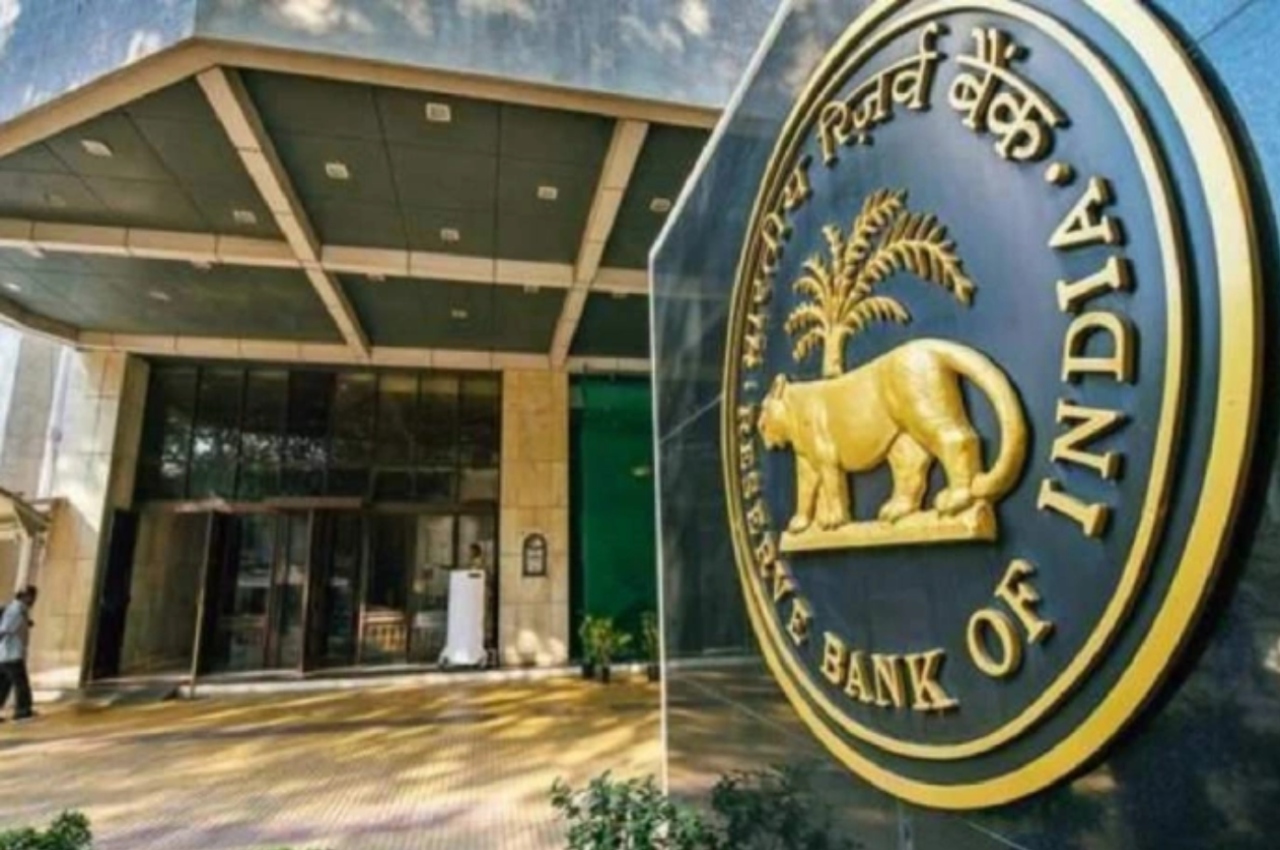New Delhi: On June 8, the Reserve Bank of India (RBI) deputy governor Michael Patra warned tech firms and asked the latter to be on the lookout for unauthorised electronic trading platforms (ETPs) that are still available for download inspite of being on the central bank’s alert list.
“We (the RBI) interact closely with enforcement agencies, ministries such as the Ministry of Finance and Ministry of Electronics and Information Technology. Action is being taken on an ongoing basis as various platforms are being raided, and their assets are seized,” Patra said at a press briefing post the RBI’s monetary policy meeting.
In the alert list prepared by the banks’ regulator on Wednesday, 56 entities were restricted from dealing in forex under the Foreign Exchange Management Act, 1999 (FEMA) or the Electronic Trading Platforms (Reserve Bank) Directions, 2018.
Unauthorised trading platforms that were included as fresh entries in the updated alert list are QFX Markets, 2WinTrade, Guru Trade7 Limited, Bric Trade, Rubik Trade, Dream Trade, Mini Trade and Trust Trade.
Moreover, the list has also added the downloads of the URLs belonging to unauthorised entities. As per the experts, restricting unauthorised trading platforms would have been difficult if such URLs were unavailable.
What more RBI has restricted?
With this, the RBI also included platforms that hold authorisation to run transactions in eligible instruments such as securities, money market instruments, foreign exchange instruments, derivatives, or some other instruments of the same kind, specified under the Reserve Bank of India Act, 1934.
Why is it important to eliminate these trading platforms?
People using unauthorised platforms are easy targets for threats such as fraud, financial loss, data leak, misuse theft as well as cyber-attacks. The Indian banks’ watchdog along with this, warned users who use such platforms as they might end up being liable for penal action under FEMA.













